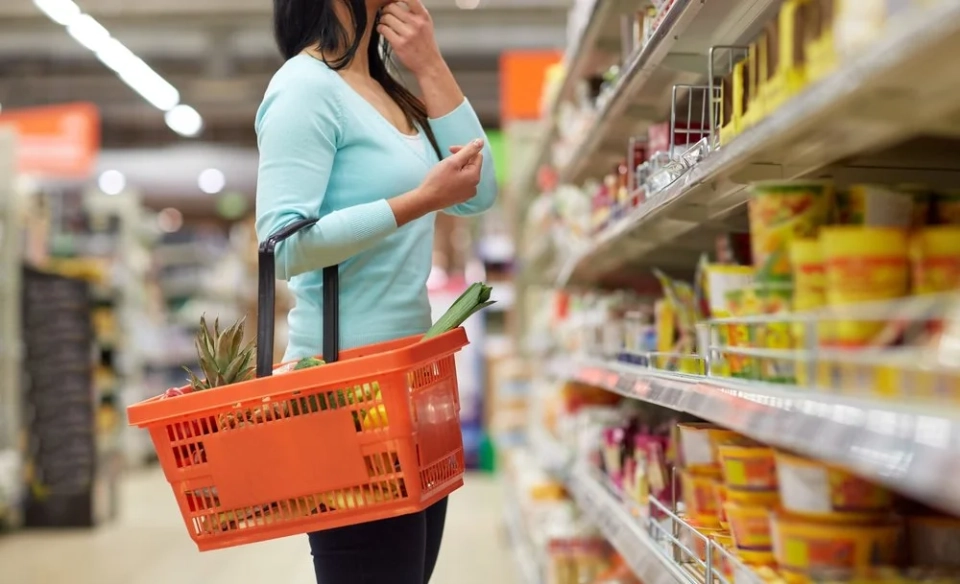The Ministry of Agriculture explained what affects food prices in Kyrgyzstan
Uran Chekirbaev, head of the food security department of the Ministry of Water Resources, Agriculture, and Processing Industry of the Kyrgyz Republic, discussed numerous factors affecting the pricing of socially significant products in an interview on Birinchi Radio. He also touched upon the level of food security in the country.
According to him, price increases are observed not only for staple products. Chekirbaev noted that the economic situation should be assessed as a whole — the country's economy has doubled over the past three years, from 8 to over 17 billion US dollars. On average, the population's income is increasing by 10%, although there may be individuals whose incomes have not changed. This overall increase in income creates demand for goods, especially for socially significant ones, which should be taken into account.
He also reported that Kyrgyzstan is fully self-sufficient in six products; however, there is currently a shortage of three, which forces the country to resort to imports.
Among the factors affecting prices, Chekirbaev highlighted external circumstances, such as inflation in neighboring countries, including Kazakhstan, Uzbekistan, Russia, as well as in several European countries and the USA. For example, he mentioned the recent decision by Donald Trump to reduce customs tariffs on meat and staple food products.
“Kyrgyzstan is part of the global economy, and such processes inevitably affect us. Many factors need to be considered,” he noted.
Chekirbaev also emphasized that the government is taking steps to control prices to avoid sharp increases. An important aspect is preventing manipulation by intermediaries who may artificially inflate costs. He noted that recently there has been a decrease in meat prices in markets, ranging from 20 to 50 soms.
Additionally, he mentioned the need to study the value chain, identifying areas where price inflation occurs. It should be noted that many farmers do not have the opportunity to sell their products directly in markets, especially in Bishkek, which leads intermediaries to purchase large quantities of livestock and set the final price.
“Currently, we are analyzing the reasons for price inflation. Information has come in that intermediaries may add 100-200 soms to the cost of meat. We need to thoroughly investigate this situation. Nevertheless, they have already begun to hear calls from the government and ministries, and we are actively working in this direction,” Chekirbaev noted.
He also reminded about food security last year. Kyrgyzstan was fully self-sufficient in potatoes, vegetables, lamb, and beef, as well as milk. The self-sufficiency level for sugar was over 90%, and for eggs — about 75%. Although private producers claim that the sector fully meets the needs, including households. The self-sufficiency level for vegetable oil is 56%, and for bread products — 70%. The situation with poultry meat is not as favorable: this year about 58 thousand tons are being imported.
Chekirbaev noted that Kyrgyzstan does not import sugar: despite the fact that last year the country was fully self-sufficient and even exported about 15 thousand tons, there remains approximately 15 thousand tons of sugar in stock.
Read also:
Intermediaries are key players in setting final meat prices in Bishkek, - Ministry of Agriculture
On November 19, on the air of the radio, the head of the food security department of the Ministry...
In Kyrgyzstan, a decrease in sugar production is expected due to weather conditions, - Ministry of Agriculture
In 2025, Kyrgyzstan will face a decrease in sugar production volumes due to unfavorable weather...
Kyrgyzstan Fully Provides Itself with Meat and Exports Products to Neighboring Countries, - Ministry of Agriculture
According to information announced on October 23 during a radio broadcast, Kyrgyzstan not only...
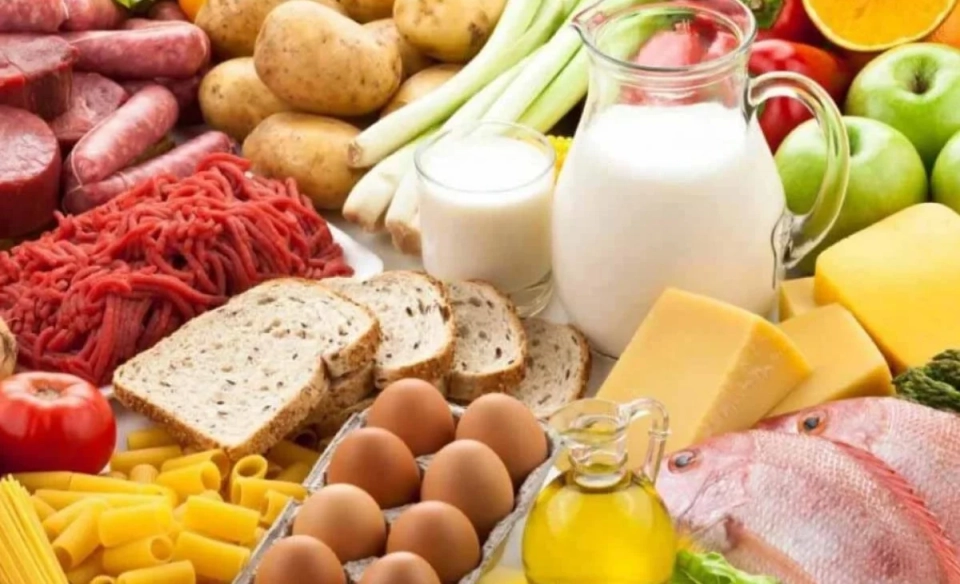
The Ministry of Agriculture reported on which products Kyrgyzstan remains dependent on imports.
On the air of Birinchi Radio, the head of the food security department of the Ministry of Water...
Kyrgyzstan covers up to 25% of its grain needs through domestic production, - Ministry of Agriculture
The internal market of Kyrgyzstan is currently satisfied with grain only by 20-25%, while the main...
Kyrgyzstan Fully Provides Itself with Beef and Lamb, - Ministry of Agriculture
- According to the Ministry of Water Resources, Agriculture, and Processing Industry, Kyrgyzstan...
Kyrgyzstan Increases Production of Eggs and Poultry Meat, - Ministry of Agriculture
The volume of egg and poultry meat production in Kyrgyzstan is showing positive dynamics. On the...
Kyrgyzstan Fully Provides Itself with Beef and Mutton
According to information provided by the Ministry of Water Resources, Agriculture, and Processing...
In Bishkek, fairs of socially significant products will be held every week.
- In Bishkek, from November 8-9, 2025, until June 2026, weekly fairs will be organized, featuring...
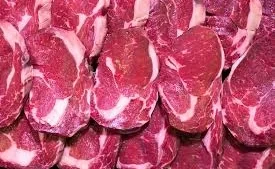
Kyrgyzstan Fully Ensures Its Self-Sufficiency in Beef and Lamb, Assures the Ministry of Agriculture of the KR
Kyrgyzstan, fully providing itself with beef and lamb, demonstrates stable results in this area,...
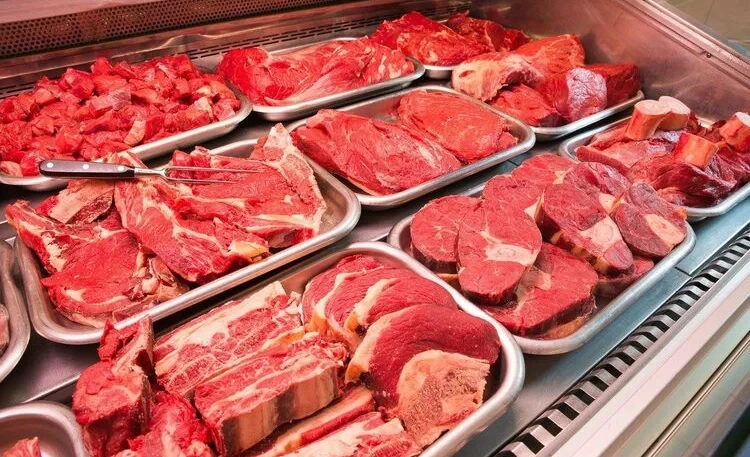
Kyrgyzstan Fully Provides Itself with Beef and Lamb, Ministry of Agriculture Assures
The Ministry of Water Resources, Agriculture, and Processing Industry of the Kyrgyz Republic has...
Minvodselprom: Kyrgyzstan Fully Provides Itself with Beef and Lamb
According to information from the Ministry of Agriculture, Water Resources and Regional...
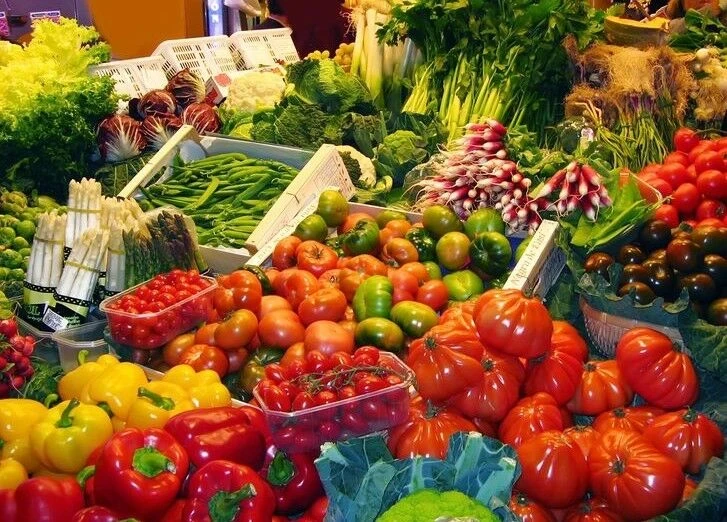
Weekly Food Markets to Open in Bishkek
Photo from the internet Starting from November 8, weekly fairs will begin operating in Bishkek,...
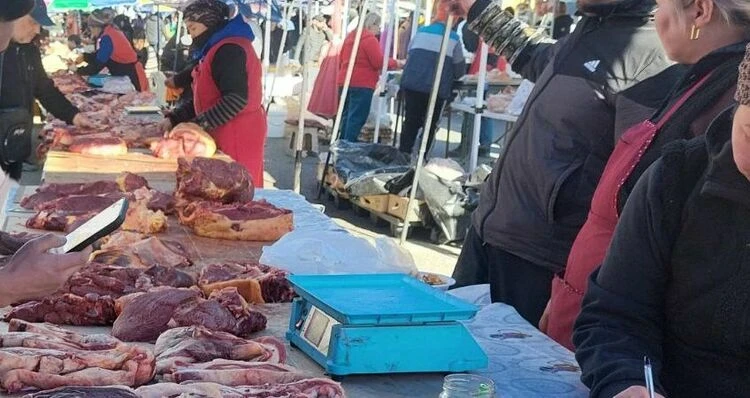
Rise in Meat Prices in Kyrgyzstan: Intermediaries, Illegal Exports, and Global Shortage
Photo 24.kg In Kyrgyzstan, there is complete self-sufficiency in beef and lamb production....
Ban on livestock exports and social factors reduced meat prices by 70 soms
The Ministry of Water Resources, Agriculture, and Processing Industry of the Kyrgyz Republic is...
The Ministry of Agriculture explained the rise in vegetable oil prices in Kyrgyzstan
- According to the Ministry of Water Resources, Agriculture, and Processing Industry, stability in...
Kyrgyzstan provides itself with 6 out of 9 socially significant products, - Ministry of Agriculture
According to information provided by the press service of the Ministry of Water Resources,...
The President signed amendments to the law on food security aimed at import substitution.
- President Sadyr Japarov signed the draft law "On Amendments to the Law on Food Security of...
Kyrgyzstan is Experiencing a "Berry Boom": Farmers Quickly Adapt to New Crops, but Sales are More Challenging, - Ministry of Agriculture
Farmers are actively adopting the latest production technologies; however, they face certain...
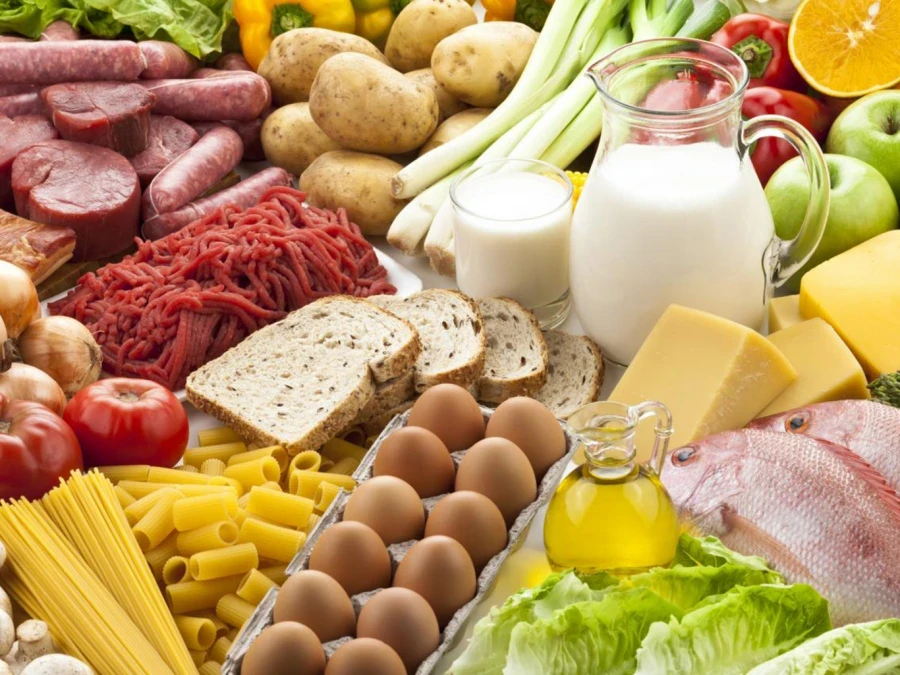
Kyrgyzstan Fully Provides Itself with Six Socially Significant Products
The remaining three types of products are partially supplied through imports According to the...
Price Increase. The Ministry of Agriculture promises uninterrupted meat supplies directly from farmers.
An online discussion took place regarding issues related to stabilizing prices for beef and lamb at...
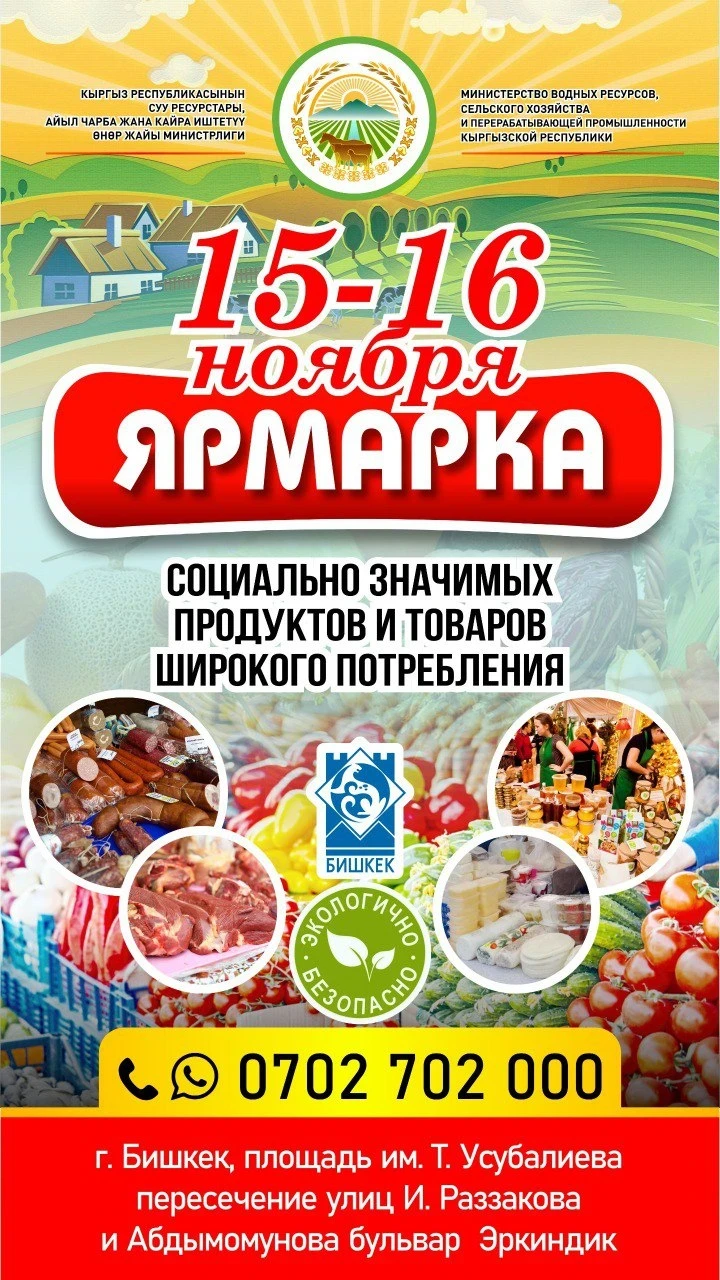
Every weekend, food fairs are held in Bishkek
Saturday and Sunday have become real holidays for the residents of Bishkek, as these are the days...
At the fair in Batken, beef is sold for 640 soms, - Ministry of Agriculture
- An agricultural fair has started in the Batken region with the assistance of the Ministry of...
Kyrgyzstan has become fully self-sufficient in sugar and eggs
According to information provided by the Ministry of Water Resources, Agriculture, and Processing...
In Bishkek, a price difference for basic food products is observed - Ministry of Agriculture
Today in Bishkek, the food security department conducted a study on the prices of essential food...
In the Kyrgyz Republic, there are 38 agro-logistics centers operating, with plans to open about 70 more, - Ministry of Agriculture
The Director of the Department of Organic and Processing Industries of the Ministry of Water...
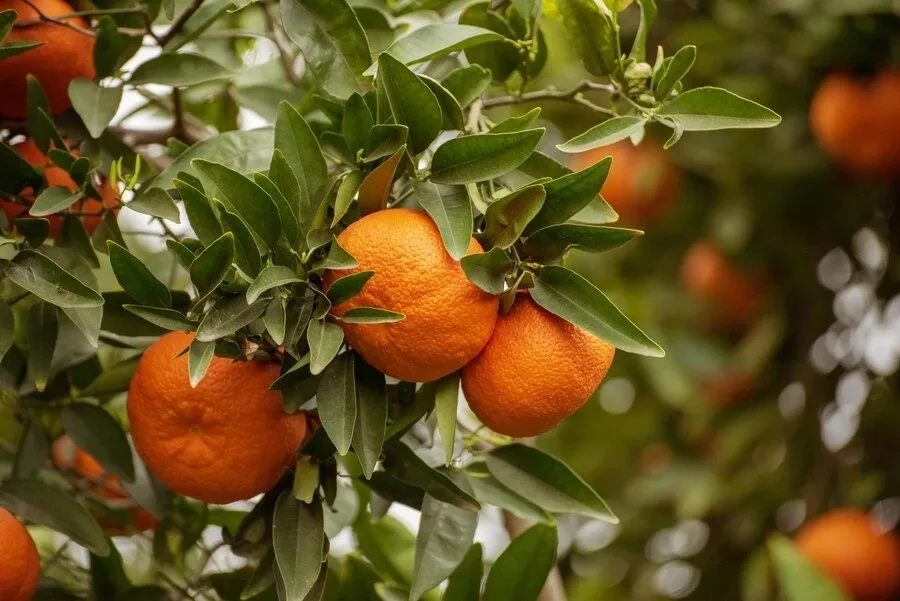
Ministry of Agriculture of the Kyrgyz Republic: Citrus Production in Kyrgyzstan Grows Year by Year
In addition, according to information from the Ministry of Agriculture, the republic fully...
Sadyr Japarov approved changes to legislation related to import substitution
The President of the Kyrgyz Republic, Sadyr Japarov, has signed amendments to the law concerning...
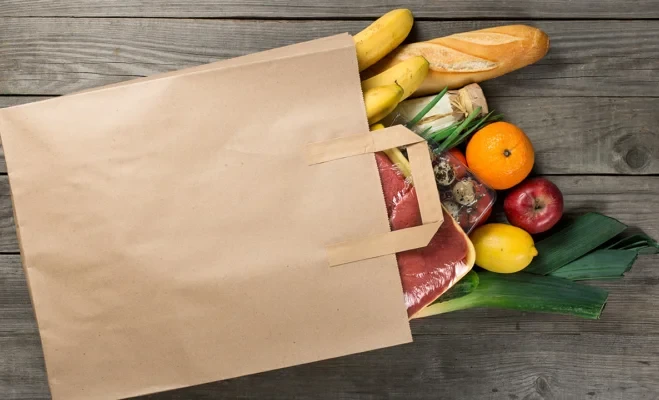
Kyrgyzstan Holds Back Food Price Increases: Key Measures Named
The Ministry of Water Resources, Agriculture, and Processing Industry has informed about the...
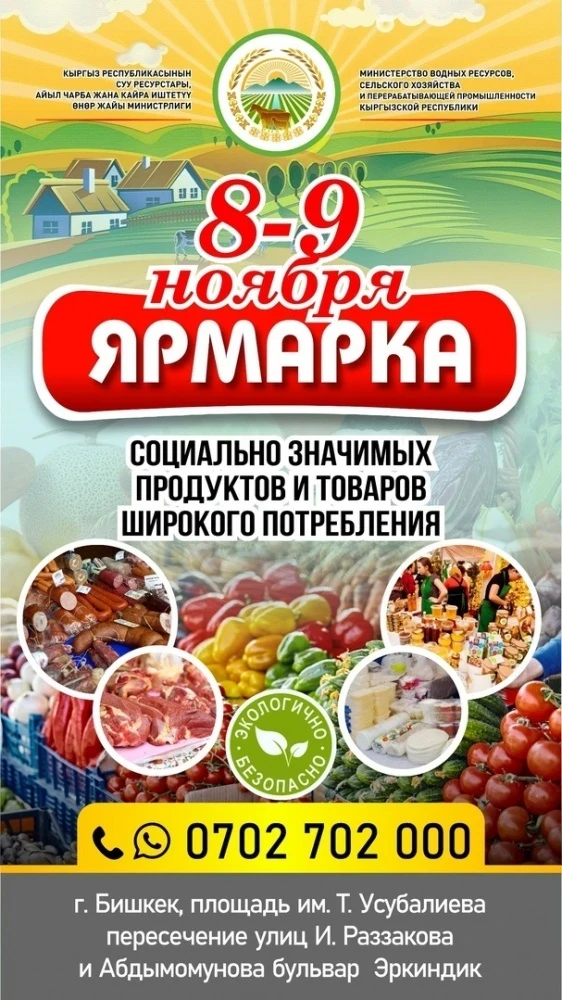
In Bishkek, food fairs will be held on weekends.
Weekly fairs will begin in Bishkek, organized by the Ministry of Water Resources, Agriculture, and...
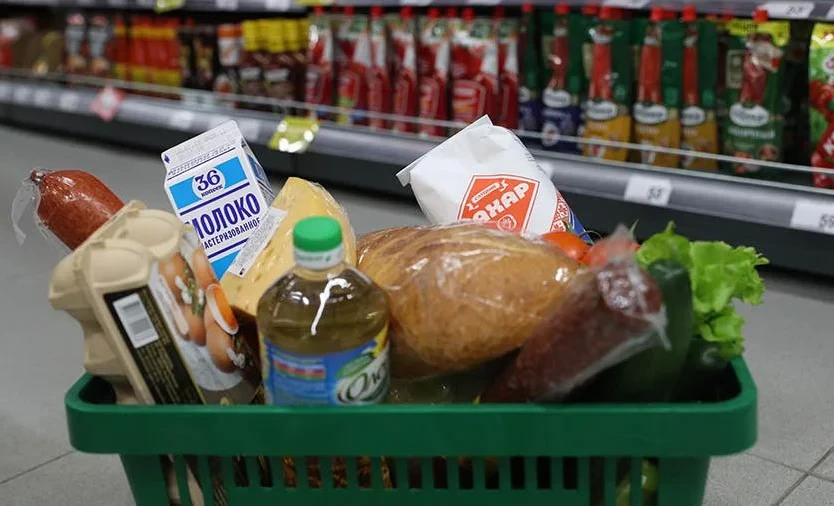
The Ministry of Economic Development spoke about measures to curb prices on socially significant goods
On the air of Birinchi Radio, the head of the pricing sector of the Antimonopoly, Competitive...
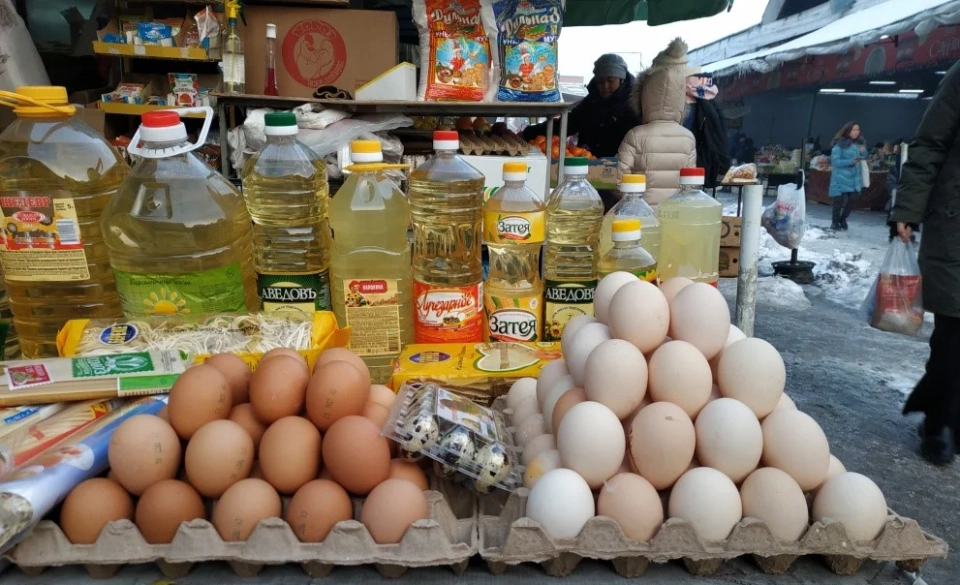
Kyrgyzstan has achieved food self-sufficiency for most key products
Over the course of nine months, Kyrgyzstan has managed to provide itself with 6 out of 9 essential...
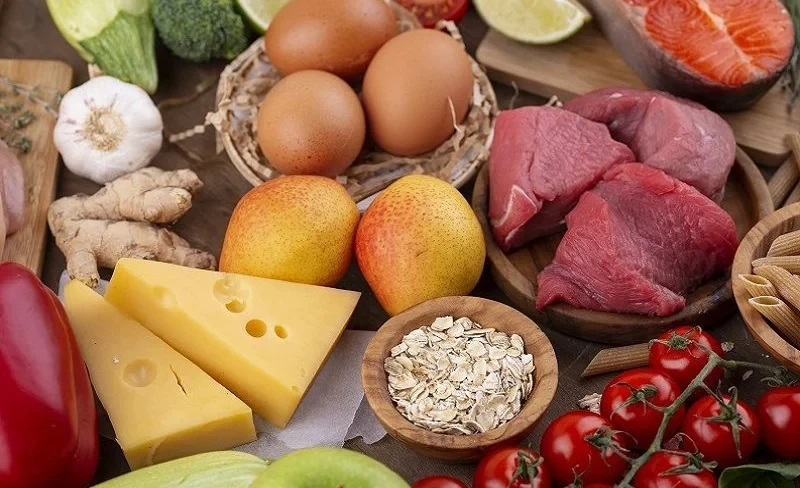
The President approved amendments to the law on food security in Kyrgyzstan
The President of Kyrgyzstan, Sadyr Japarov, has approved the draft law "On Amendments to the...
In the Chui Valley, up to 98% of the harvest has been collected, - Ministry of Agriculture
The harvest of major agricultural crops in Kyrgyzstan is nearing completion, as reported by...
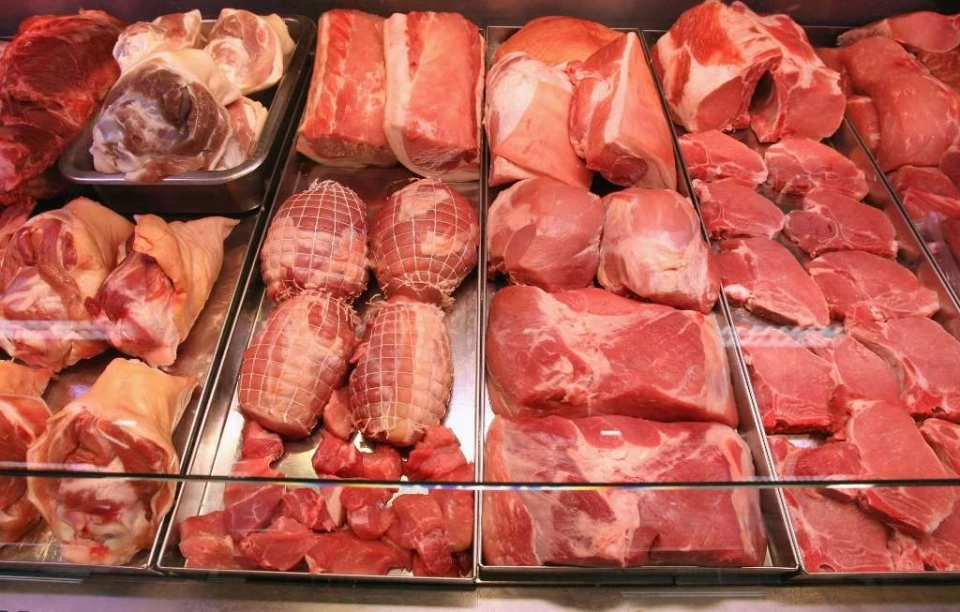
Kyrgyzstan is self-sufficient in six out of nine socially significant types of food products
According to data from the Ministry of Agriculture, the republic fully meets its needs for beef...
The Ministry of Economic Development urged suppliers to lower prices on essential goods
At a meeting held by the Minister of Economy and Commerce of the Kyrgyz Republic, Bakyt Sydykov,...
The Ministry of Agriculture is preparing a strategy until 2040 taking into account the specialization of regions
The Director of the Department of Organic and Processing Industries of the Ministry of Water...
Export to developed countries hinges on standards — organic products become a condition for entry, - Ministry of Agriculture
- Farmers need to adapt to modern food safety requirements. This statement was made by Mukhtar...
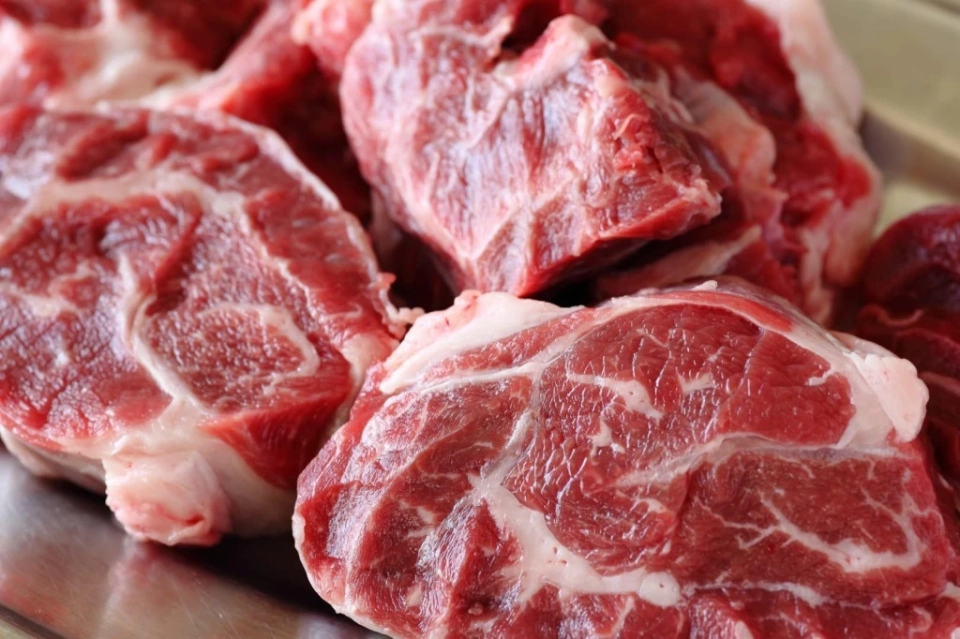
The Ministry of Agriculture declares: Kyrgyzstan is fully self-sufficient in beef and lamb.
According to the latest data, the validity period of state price control on meat (including beef...
Ministry of Agriculture: The situation in the food market remains stable
The Ministry of Water Resources, Agriculture, and Processing Industry of the Kyrgyz Republic...
State price regulation for beef and lamb extended until the end of 2025, - Ministry of Agriculture
On November 17, 2025, an online meeting was held, organized by the Ministry of Water Resources,...

In Kyrgyzstan, prices for coal, fuel, and food products will be placed under special control.
During the meeting, measures to prevent price increases for coal and ensure its availability for...

Evening of Contemporary Dance
Evening of Contemporary Dance Evening of Contemporary Dance, supported by the U.S. Embassy...
